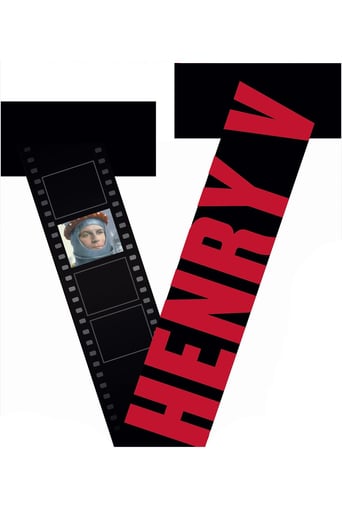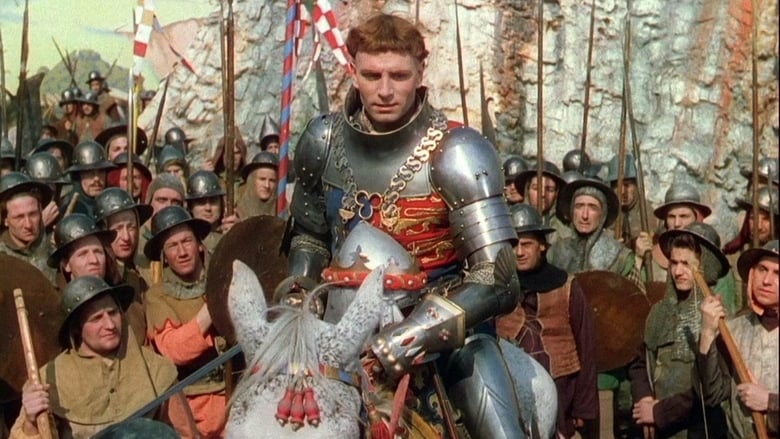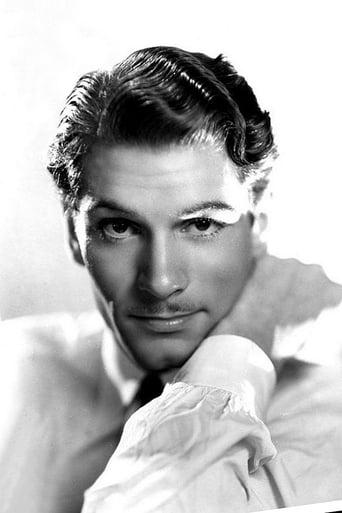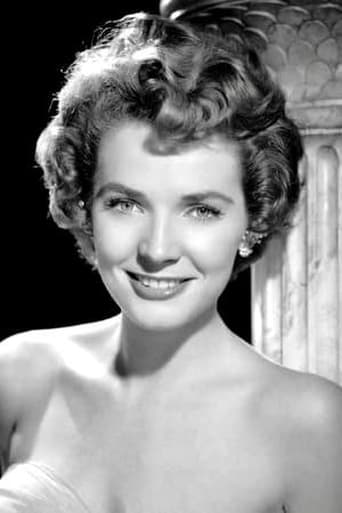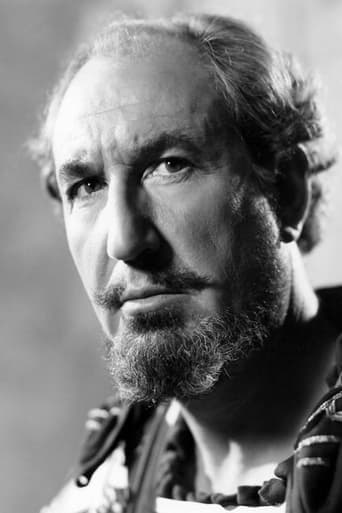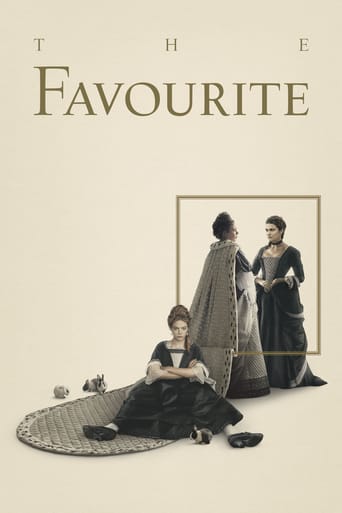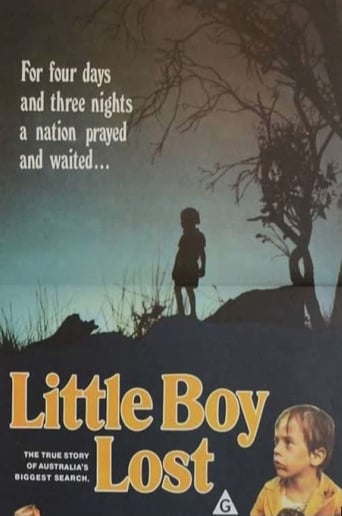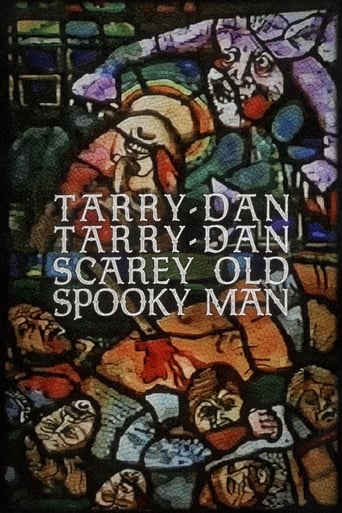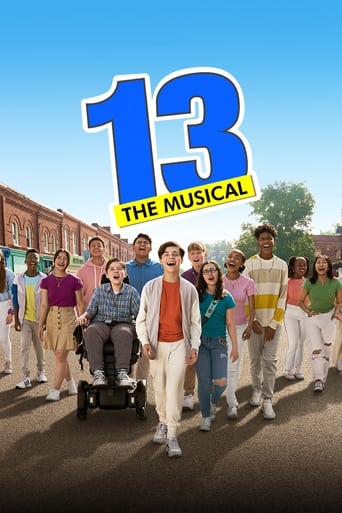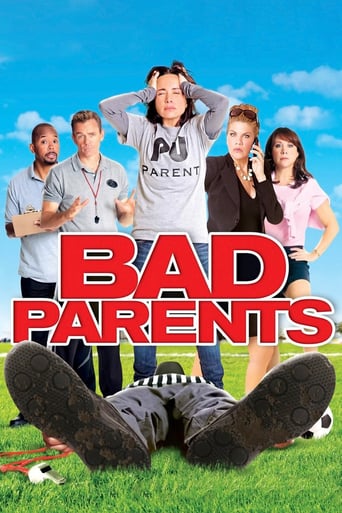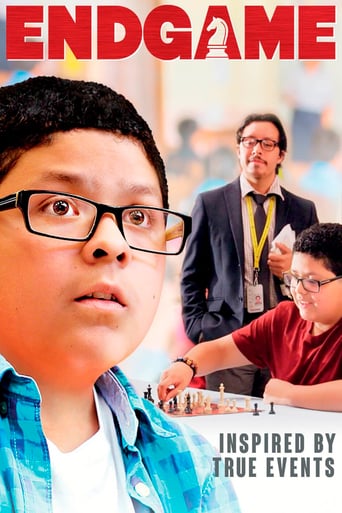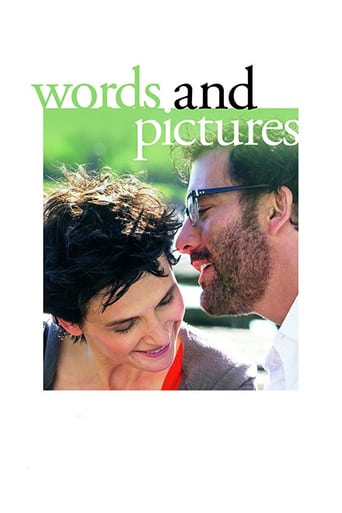Henry V (1944)
In the midst of the Hundred Years' War, the young King Henry V of England embarks on the conquest of France in 1415.
Watch Trailer
Cast


Similar titles
Reviews
Clever, believable, and super fun to watch. It totally has replay value.
This is one of the best movies I’ve seen in a very long time. You have to go and see this on the big screen.
Blistering performances.
It’s sentimental, ridiculously long and only occasionally funny
No doubt Laurence Olivier must have been real proud of this project. It's really 'his' movie, since he directed, produced as well as played the main lead. It actually earned him a special Honary Award during that year's Academy Awards 'for his outstanding achievement as actor, producer and director in bringing 'Henry V' to the screen'.It's a real Shakespeare movie, so expect lots of stagy looking settings and long dialog. Laurence Olivier however knows to bring it in a good and original way and actually manages to use it's 'stagy' elements to the movie its own advantage.As an historical movie, concerning mostly the battle of Agincourt, I don't feel the movie is being completely accurate. The movie is a bit too patriotic by purely picking the British side, by showing how noble and brave they all were. It's presented as if Henry V willingly and fully knowingly walked into about, against a much bigger French force. Reason why the British won the battle of Agincourt was because of the supremacy of their longbows and the fact that the French completely underestimated them and made some tactical blunders during the battle. I don't really see much of that back in this movie. Also some of the cruelties being committed by the British and the mistakes they made during the campaign are simply not shown or mentioned in the movie really. The movie actually got financed by the British government, thinking that it would be a good moral boost for the English citizens and those fighting abroad, during WW II. So Shakespeare used as propaganda, how odd is that? This is not really something uncommon by the way. 'Old' movies often were very black & white with its themes. So good was being entirely good and bad totally bad. It's also not really something that troubled me too much but by todays standards its too simple and too outdated for the present movie norms.Also for a movie about the 'chronicle history of King Henry V' the story focuses surprisingly little on the aspects of Henry V's life before and also certainly after the battle of Agincourt. The story ends at the peak of his life. But of course thing to blame for that is the movie its source, William Shakespeare's play, from 1600. It's pretty nice that this is a 1944 movie that got shot entirely in color (also much have been one of the reasons for its high budget though). It's actually the first ever Shakespeare movie to be made entirely in color. Still I feel that it would had suited the movie and its story better if it had been done in black & white. It would had suited the acting performances and the historical settings and characters all better.It's not like I hated this movie, of course not- far from it, but I don't want to sound all praising about it either. It's a good movie that however is not without its flaws and perhaps would had been a better one had it been made a decade earlier, at the time Laurence Olivier was playing the character on stage already. So not during WW II and not in color.But there is simply no denying it that this is such a well made and handled movie. Olivier did well and came to some creative solutions but by staying as much to the original source as possible, despite its undeniable WW II influences. The movie is perhaps at its best during the famous battle but also its dialog provide the movie with some real fireworks. A Shakespeare movie of course always has some amazing and often memorable dialog, especially when it remains so faithful to its source as this movie did. It of course also helps that the lines are being delivered by some real fine and capable actors. Laurence Olivier was an actor that simply lived and breathed Shakespeare throughout his career.A must-see for the fans of Shakespeare.8/10http://bobafett1138.blogspot.com/
I have never really considered "Henry V" to be one of Shakespeare's greatest plays. It lacks the philosophical depth and emotional power of the great tragedies or even of some of the other history plays, such as "Richard III". It is a play which mythologises an English king whose main achievement was to start an unnecessary war with France. As Shakespeare knew well, Agincourt was a great victory in the short term but a futile one in the long term. Henry's early death meant that his great ambition of uniting the French and English crowns was never realised; the United Kingdom of England and France remains one of the great might-have-beens of world history. Moreover, modern audiences might have another problem with this play. By modern standards (which were not necessarily the standards of either Shakespeare's day or of Henry's) the English were the aggressors in the Hundred Years War; even by mediaeval standards, Henry's claim to the French throne was by no means as clear-cut as Shakespeare imagined.Despite these difficulties, "Henry V" has been the subject of two of the greatest cinematic Shakespeare adaptations, this one and Kenneth Branagh's version from 1989. One reason is that it contains some of Shakespeare's most magnificent poetry and some of his greatest set-piece speeches, mostly put into the mouth of Henry himself. It is therefore a very tempting role for Shakespearean actors, especially those who can speak blank verse as naturally as Olivier or Branagh.The two films are very different in style. Branagh's naturalistic film emphasises the bloodshed and squalor of war; contrary to what is sometimes thought, mediaeval warfare was not necessarily more chivalrous, or even less bloody, than the modern version. (The bloodiest day in British military history, when some 26,000 were killed, was 29th March 1461, the date of the Battle of Towton during the Wars of the Roses). Olivier's film is highly stylised rather than naturalistic. The scenes set in England are presented as a re-enactment of how the play might have been performed at the Globe theatre during Shakespeare's own lifetime. The French scenes were shot against sets based upon paintings from the early fifteenth century, especially the work of the Limbourg brothers. The battle scenes are more realistic, but even these play down the elements of blood and cruelty.Olivier's film- the first which he directed- was commissioned by the British Government as a patriotic morale-booster during the Second World War. The decision to portray war as something glorious rather than bloody was therefore a quite deliberate one. A sharp contrast is drawn between the heroic Henry and his French counterparts. Those parts of Shakespeare's play which show Henry in a less favourable light, such as his order to kill the French prisoners, are omitted, apparently on the instructions of Churchill, who did not want the film's patriotic message to be clouded by moral ambiguities. The French King, Charles VI, is portrayed as a senile old fool, and his son the Dauphin Louis as not only an arrogant popinjay but also a sadistic brute who slaughters non-combatants such as the young boys in the English baggage train. Stress is placed on those scenes which show the English, Scottish, Welsh and Irish captains fighting together against a common enemy. (Shakespeare was probably looking ahead to the unification of the English and Scottish crowns under James I and VI, which was to take place a few years after his play was written; it is perhaps no accident that the Scottish captain is called Jamie).Of the two films I would- marginally- prefer Branagh's, which seems more relevant to a modern audience. Yet there is much about the earlier film which is of value even today. Some of the supporting performances are very good, especially from Harcourt Williams as the mad old Charles, Max Adrian as the Dauphin and Leslie Banks as the Chorus (who speaks some of the most poetic speeches not given to Henry). This is one of the few British films of the early forties shot in colour, and the colours are particularly vivid and jewel-like, making the film far more visually spectacular than Branagh's. Above all, this film gives the chance to later generations to see one of Britain's finest classical actors, at the peak of his powers, taking the leading role in a Shakespearean drama. 8/10
Laurence Olivier made this movie during World War II. He wanted it to be a propaganda movie, and unfortunately this is still visible. His Henry is a king and war hero shining in perfect light. All the rough edges and darker points of Shakespeare's original play are left out: We don't see how Bardolph is hanged, Henry doesn't kill his French prisoners in retribution for the attack on his camp, and Pistol is actually looking forward to becoming a pimp and cut-purse in England again. All this makes the movie a bit too simple-minded and one-dimensional.But apart from that, both Olivier's acting and directing are good. Especially the opening is very innovative: It takes place in a theater, the story is presented as a real play. This gives room for comments on Elisabethean theater and interaction with the audience - look for instance how they react whenever Falstaff is mentioned. Unfortunately this angle is lost later on and the movie continues in a more conventional fashion.All in all a classic certainly worth watching, but it won't hurt to check out Kenneth Branagh's version as well for a more balanced view on the original play.
Previous to this film, Laurence Olivier had only one experience with Shakespeare on the screen, 1936's As You Like It. It was not a work that Olivier was terribly proud of. He did determine right there that if he were to do Shakespeare again, he would have complete creative control. Olivier did just that, on this film and every other filmed adaption of the Bard that he was involved in.Olivier's desire happily coincided with Winston Churchill's desire to make some good British propaganda for the war effort. Churchill was fond of what he called Shakespeare's "war plays" and Henry V definitely qualifies in that category. He gave Olivier whatever logistical help he needed and remember a war was on. Even to the extent of arranging with Eamon DeValera permission for Olivier to bring the entire Henry V crew to the Irish Republic so that the outdoor scenes could be filmed away from Nazi bombardment. Olivier chooses an interesting method of introducing the play. It opens with a scene of 16th century London at the Globe Theatre at the opening night. The play begins with Leslie Banks as the Chorus reading the introduction and the first scenes are filmed as simply a photographed stage play. After that first scene at Henry V at his court, spitting defiance at the French herald and having his retainers go through an elaborate justification for his claim to the French throne. We then as the Chorus bids us have our imagination take flight until the end of the play when it returns to the stage this time with Henry V marrying the French princess and sealing his claim to their throne.I believe what Olivier wanted to do was show the play through two sets of eyes. He wants the audience to imagine they are in Elizabethan England watching the events of a century before and know that things looked pretty grim then for England and they pulled out of it.The battle scenes at Harfleur and at Agincourt are nicely staged and photographed. Olivier's Henry V is a strong and virile leader, convinced of the rightness of his cause and he has the confidence in himself as military leader to see it through. Kind of like the Prime Minister who was in office then.Certainly in the Middle Ages the high point of English arms was at Agincourt. It was truly one lopsided victory, English long-bowmen against French knights. The French cavalry was truly decimated on that day and a lot of their nobility was killed. And the French were the betting favorites.Seen today though it's a bit different. The Hundred Years War, and this was the second phase of it, was quite frankly a naked war of aggression by the English to obtain the French throne. In 1944 audiences thrilled to remember this impressive feet of arms by the English, but the reasons were kind of glossed over.Still Henry V is an impressive motion picture and I'm sure it did what it set out to do, be a morale booster for the English public. Among other performers I liked in this were Robert Newton as the ancient Pistol and Leslie Banks as the chorus and Valentine Dyall as the Duke of Burgundy.But I would wager that Charles DeGaulle was not invited to the premier showing of Henry V.

